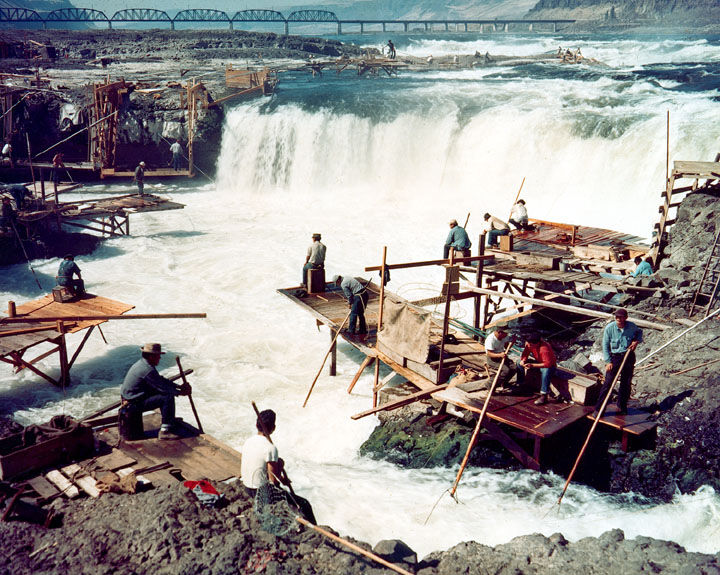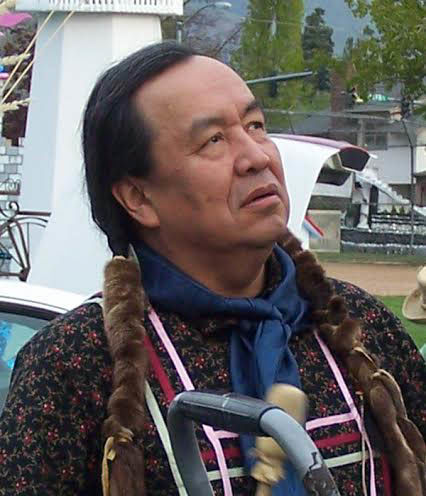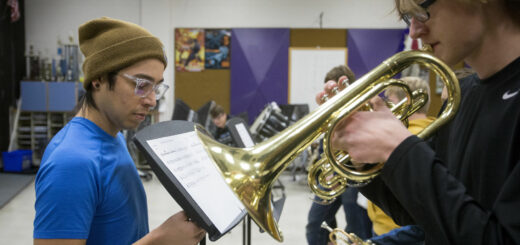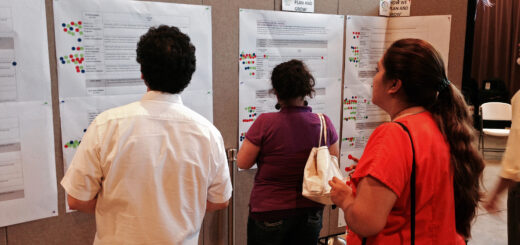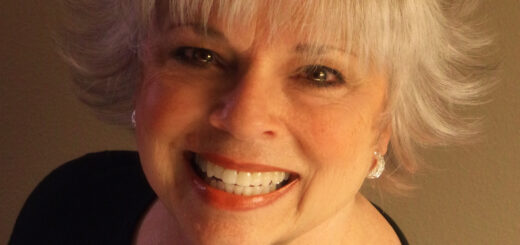Wenatchi elder Randy Lewis will share wisdom at Snowy Owl Theater on Sunday Sept. 18
Wenatchee/P’Squosa elder Randy Lewis brings an important perspective to our understanding of regional history, our connection with the natural world, and the shared sense of humanity that can help us navigate these trying times.
Lewis, who devotes enormous time and energy in hopes of reconnecting our communities with Native American culture and history, believes there are important lessons to be passed along — lessons about stewardship of our resources rather than extraction and consumption.
Lewis is one of four individuals participating in the Ripple Foundation’s Elder Speak program, a year-long series of conversations with four local elders to explore lessons they’ve learned and wisdom they’ve gained that can be shared with the community. This year, fellow participants include artist Jan Cook Mack and educators Bev and Ed Baugh. On Sunday, Sept. 18, 4-6 p.m, they will share key reflections with the community at Snowy Owl Theater in Leavenworth.
Though I had prepared a series of questions designed to tap into Lewis’s life experience, Lewis had other ideas. He told the story of the wisdom he had gained through a series of stories, weaving the story through his life experiences.
Lewis’s great-grandfather, Sam Miller, established the Miller-Freer trading post around 1870 with Dan and Frank Freer. Miller was there at the crossroads of massive economic and cultural change.
“I spent every waking hour with him before he passed in the (1950s),” Lewis said. The times spent with Sam Miller and his wife “created the real opening to appreciating our people,” Lewis said. Helping them created a sense of purpose. “I did things he couldn’t do, which made me feel big (and) important,” he added.
Sam Miller looked for opportunities to encourage Lewis, but also pointed out things Lewis did wrong. Lewis remembered being corrected after stepping on a snake. He subsequently learned that succumbing to violence led his great-grandfather to kill another man and a prison sentence. This was a lesson Miller didn’t want Lewis to repeat.
Lewis’s great-grandmother was a healer who helped early pioneers in the country when they were sick and helped them learn to feed themselves. “She helped these old pioneer families get through,” Lewis recalled.
As a lad of perhaps five, he journeyed to the famed Celilo Falls on the lower Columbia for the annual salmon harvest. The village was teeming with activity and tourists would come to watch the Native Americans use dip nets to catch the salmon. He learned how to scale and filet fish. He recalled drying pike minnows and selling them to tourists as steelhead for 50 cents a fish. He recalled earning $11 one day, to the amazement of others.
Later, his aunt Lucy Nason shared with Lewis stories of animals. She instructed him to gather mud which she turned into animals that she would embody. He learned ancient stories and a greater appreciation for the natural world.
That Native American view of being stewards of nature was turned upside down with the appearance of Europeans in the region. A different ethic, one of subduing nature for progress and profit became the new mandate.
We spoke of my grandfather, Rufus Woods, who is known as the father of Grand Coulee Dam and the Columbia Basin Project, which ultimately led to the destruction of salmon runs in the upper Columbia and had devastating consequences for the cultural and economic life of Native Americans.
Sam Miller, Lewis recalled, had no animosity towards those dreamers like my grandfather who fought to harness the power of the river. The Christian mindset of man having dominion over nature has disconnected us from valuing the natural world, in Lewis’s view.
The overriding theme in Lewis’s work to reconnect us with our past is perhaps best captured in the wisdom statement that came out of the Elder Speak program: “It is our humanity that brings us together.”
We don’t spend much time thinking about long-term issues in our society. It is worth pondering whether unending subjugation of nature will leave us with a future that will sustain life on this planet. At the heart of Lewis’s mindset is a core belief in our shared humanity and our shared future.
Perhaps we can find a better balance for the sake of future generations.

